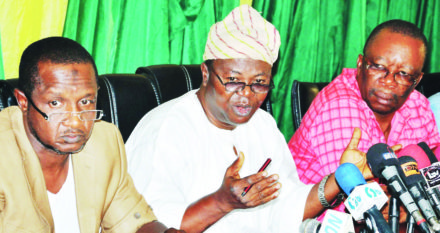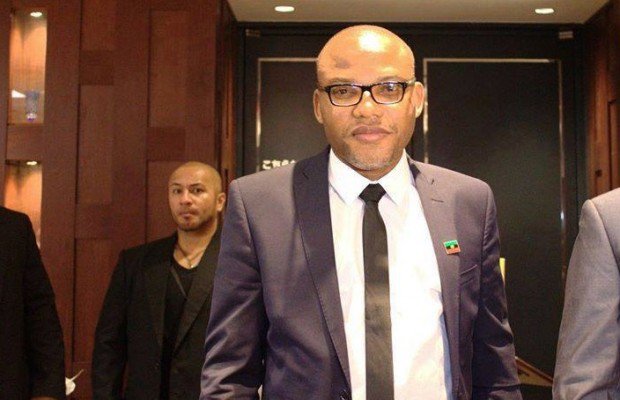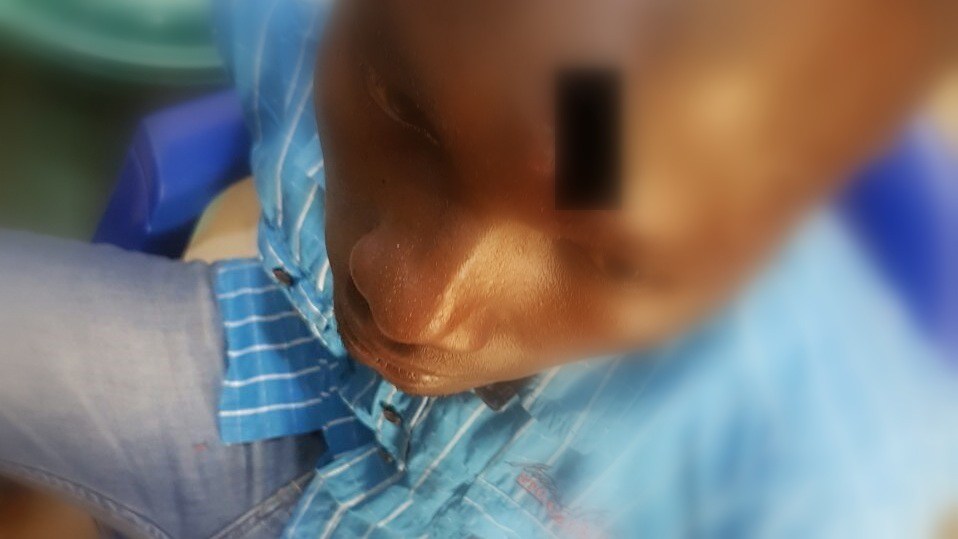Lack of dialogue makes the teachers’ strikes inevitable
As yet another industrial action embarked upon by the Academic Staff Union of Universities (ASUU) comes to an end, it is crucial that both the union and the Federal Government learn the benefits of keeping communication channels open at all times. The week-long warning strike began on November 16 and ended on Tuesday.

The most recent strike was triggered by ASUU’s complaint that the Buhari administration had consistently refused to implement the ASUU-FG agreement reached in 2009. The union identified the poor funding of universities, non-payment of Earned Academic Allowances, part-payment of salaries, and the inclusion of universities on the Treasury Single Account (TSA) as their main concerns. ASUU claimed that the Federal Government ignored several letters requesting for meetings to discuss these issues, and embarked on the warning strike as a last resort.
Thanks to the intervention of the Senate, some of the contentious issues have apparently been resolved. A notable exception is the allowance issue; totalling about N284 billion, government claims inability to pay due to the prevailing economic situation. There is also the related question of adequate funding, where both parties have been unable to reach compromise.
While the peaceful resolution of the strike is an undeniably welcome development, it cannot be forgotten that it has followed an all-too-familiar path: ASUU complains publicly about the non-implementation of agreements previously agreed to by government, and warns of an impending strike to drive its grievances home; government ignores the warnings, only to call for dialogue after the strike is underway.
There is no guarantee that the nation will not find itself in the same situation in six months’ time. Even if ASUU’s demands are completely satisfied, government will still have to contend with the demands of other university unions, such as the Non-Academic Staff Union (NASU) and the Senior Staff Union of Nigerian Universities (SSANU), not to mention unions domiciled in other tertiary institutions.
The economic recession has further aggravated long-standing problems that have plagued universities even when Nigeria’s finances were much stronger than they are now. Apart from personnel costs, funds are required to rehabilitate dilapidated facilities, purchase consumables and expand research capability.
Rather than ensure that existing universities attain higher performance standards, successive state and federal governments have instead sought to build new ones, thereby complicating an already-intractable problem by multiplying it.
Worse, the blatant refusal of successive governments to cut down on ostentatious and wasteful spending while pleading the lack of resources to fund universities only serves to harden attitudes within ASUU and makes it less willing to compromise its stand. In spite of the vaunted austerity of this government, the budget yawns with a series of ostentatious proposals whether on the level of the presidency or the ministers or even the legislators who only recently unleashed billions of naira to acquire vehicles.
Nigeria can no longer afford the lost man-hours, wasted opportunities and missed chances that result from needless ASUU strikes. If the situation is to stop, it will require good faith and the preparedness of both sides to understand that the negative effects of these industrial actions are simply too burdensome upon the nation as a whole.
Representatives of ASUU and government should begin to meet regularly to monitor adherence to agreements and to identify problems before they become full-blown crises. The usual practice of convening meetings only after strikes have begun is clearly counter-productive. ASUU must learn not to resort too frequently to strikes, which is a weapon that has clearly become blunted as a result of overuse. Government must learn to respect agreements it has entered into, and make efforts to let ASUU know when it is unable to fully meet prior commitments.
Ultimately, it is the mutual commitment to advancing tertiary education that should be the driving force for the actions of government and ASUU, rather than the stubbornness and arrogance that have so spectacularly failed to resolve issues.
Institutional egos only foster standoff. Our tertiary education has become prone to paralytic calendars and this has compelled parents and sponsors who can afford it to send their children or wards outside our shores. A calendar that defies order bodes poorly for a nation like Nigeria with millions of young men and women who crave enlightenment.
It is not for nothing that the largest country in black Africa with the biggest concentration of black people around the world cannot find any of its universities in the top 1,000 in the world.
Official indifference, denial and lack of coordination in matters as crucial as research grants and emoluments can trammel progress.






